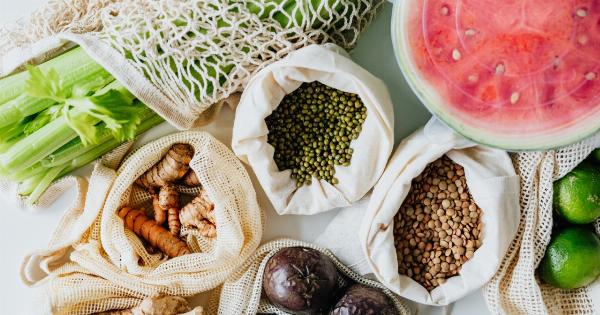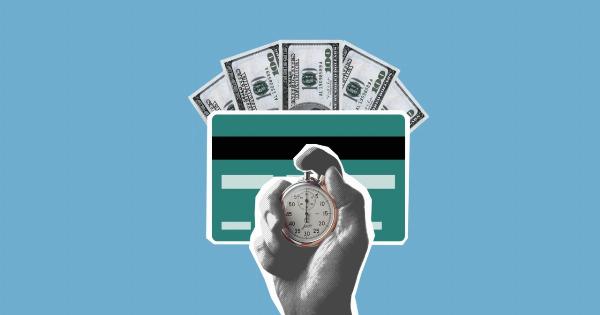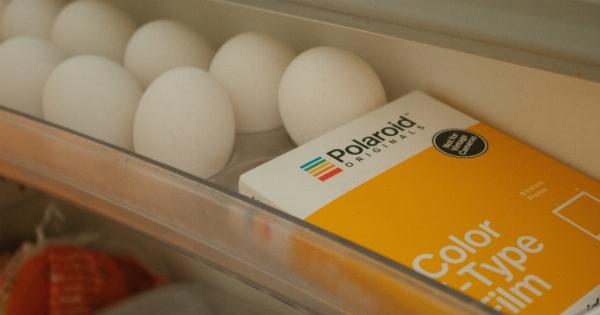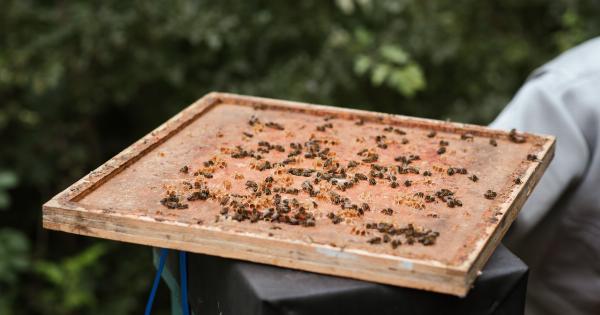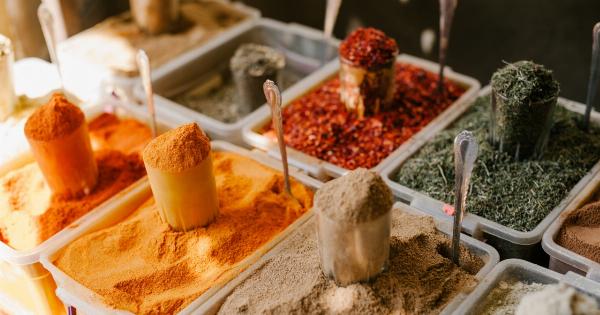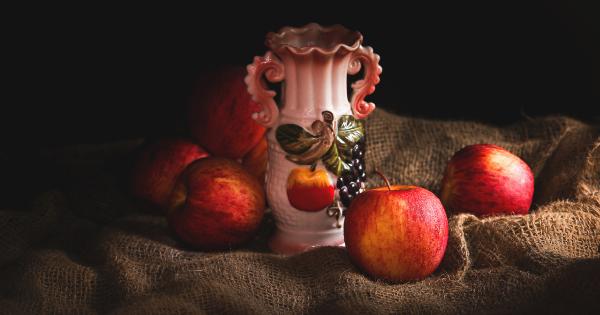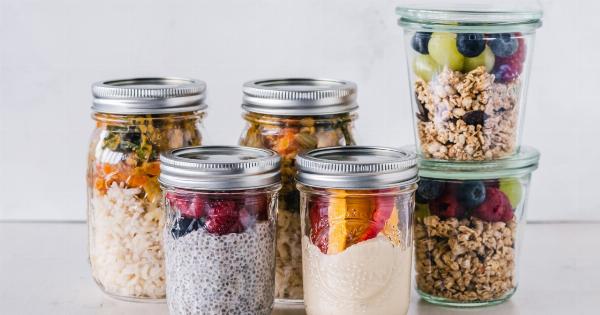Freezing food is a simple and effective way to extend its shelf life and avoid wastage. It allows you to buy in bulk and take advantage of sales without worrying about spoilage.
Additionally, freezing foods can save you valuable time by having meals prepared in advance. In this article, we will discuss six foods that you should consider freezing to both save yourself money and make your life a little easier.
1. Bread
Bread is a staple in many households, but it tends to go stale quickly. Freezing bread is a great way to ensure its freshness for a longer period. Simply wrap the bread tightly in plastic wrap or place it in a freezer bag before storing it in the freezer.
Whenever you need a slice or two, you can take them out and thaw at room temperature or pop them directly into the toaster for a quick breakfast or lunch option.
2. Meat
Meat is typically one of the most expensive items on your grocery list. By buying meat in bulk and freezing it, you can save a significant amount of money.
Ensure that you store the meat properly by wrapping it tightly in freezer paper or placing it in airtight freezer bags. Proper packaging prevents the meat from freezer burn and moisture loss. Whenever you are ready to cook, simply thaw the meat in the refrigerator overnight and prepare your favorite dishes.
3. Berries
Berries are delicious, but they tend to spoil quickly. Freezing berries helps retain their nutrients and extends their shelf life. Before freezing, rinse the berries gently and pat them dry.
Spread them in a single layer on a baking sheet and freeze until solid. Once frozen, transfer them to an airtight container or freezer bag. Frozen berries are perfect for smoothies, toppings on desserts, or for making homemade jams and jellies.
4. Soup
Soup is a comforting and easy meal option, especially during the colder months. Preparing a large batch of soup and freezing individual portions saves you time and money. Let the soup cool completely before ladling it into freezer-safe containers or bags.
Ensure you leave some space at the top to allow for expansion. When you want to enjoy a bowl of soup, simply thaw it in the refrigerator overnight or heat it slowly on the stovetop.
5. Herbs
When fresh herbs are abundant, freezing them ensures they don’t go to waste and allows you to enjoy their flavors throughout the year. Wash and pat dry your herbs before placing them in an ice cube tray.
Fill each compartment with chopped herbs, then pour olive oil or water over them. Once frozen, transfer the herb cubes to a freezer bag. These cubes can be thrown directly into sauces, stews, or roasting pans to add a burst of flavor.
6. Overripe Bananas
When bananas become too ripe, they may not be appealing to eat, but they are perfect for baking. Instead of throwing them away, peel the overripe bananas and place them in a freezer bag.
Frozen bananas are excellent for making smoothies, muffins, or banana bread. They add natural sweetness and moisture to baked goods without the need for additional sugar or fat.
The Importance of Proper Storage
While freezing these foods can certainly save you time and money, it’s crucial to store them properly to maintain their quality. Here are a few tips to ensure your frozen foods remain fresh:.
1. Use Appropriate Packaging
Invest in high-quality freezer containers, bags, or wraps that are specifically designed for freezing. These prevent freezer burn and keep moisture out, preserving the taste and texture of the food.
2. Label and Date
Always label your frozen items with the contents and date of freezing. It helps you keep track of what’s in your freezer and ensures you use the oldest items first.
3. Avoid Freezer Burn
Freezer burn can negatively impact the quality of your frozen food. To prevent it, make sure there is no excess air in your packaging and that it is sealed tightly.
4. Freeze in Individual Portions
Freezing food in individual portions allows for easier and quicker defrosting. It also reduces the risk of refreezing food, which can affect its taste and texture.
5. Keep Your Freezer Organized
Maintaining an organized freezer makes it easier to locate and use items efficiently. Consider using storage bins or dividers to create designated sections for different types of food.
6. Follow Recommended Storage Times
While frozen foods can technically last indefinitely, it’s best to consume them within recommended storage times for optimal taste and quality. Refer to food safety guidelines to determine the maximum storage duration for each food item.
By following these guidelines, you can ensure that your frozen foods remain fresh and delicious. So, next time you’re looking to save time and money, consider freezing these six foods and enjoy the benefits of having a well-stocked freezer!.




